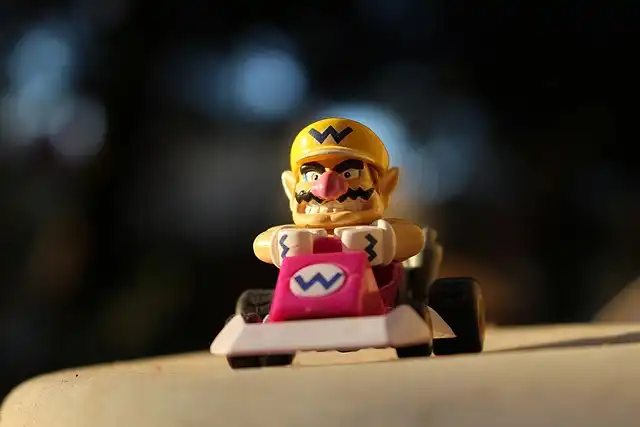Mario Vargas Llosa: Life, Literature, and Legacy

Mario Vargas Llosa, Nobel laureate and Latin American literary giant, explored themes of power and corruption. His influential works and political activism leave a lasting legacy. Remembered for contributions to literature.
Over the subsequent years he came to be involved in the Latin American literary works boom, balancing it with his enhancing participation in politics. From 1976 until 1979, Vargas Llosa functioned as head of state of PEN International, the worldwide authors’ freedom of expression team. He invested the last years of his life in Peru, running a governmental bid in the early 1990s, as well as Madrid.
Early Life and Literary Beginnings
Birthed in Arequipa in Peru in 1936, Vargas ended up being a criminal activity press reporter when he was just 15. In 1963 his first book, The Time of the Hero (Faber), was published in Spain. The tale of a murder at the Leoncio Prado military college– where Vargas Llosa spent two years as a young adult– and the succeeding cover-up was considered so surprising in Peru that presumably 1,000 copies were burned on the college’s ceremony ground, according to the Guardian.
Faber’s Tribute to Vargas Llosa
Mary Cannam, CEO of Faber, informed The Bookseller: “In support of everybody at Faber, I was incredibly saddened to find out of the fatality of Mario Vargas Llosa. He was a titan of Latin American literature; one of one of the most considerable voices of a generation. He was, as the Nobel Reward Board described, ‘a divinely talented writer’. He has actually gone to the centre of our publishing for 40 years, and we are honoured to have accompanied him throughout his renowned and long profession. We will certainly miss him significantly and will certainly remain to value his benefit years to come. Our ideas are with his household.”
The author’s considerable job checked out motifs such as power and corruption, accumulating over 50 works– including plays, books and shorter items of fiction– many of which have been extensively converted. “His depictions of macho, authoritarianism and physical violence, making use of abundant language and imagery, made him a star of the Latin American Boom literary activity that radiated a worldwide spotlight on the continent,” according to the BBC. He also ended up being increasingly politically energetic and introduced a stopped working proposal for the Peruvian presidency in the early 1990s.
Nobel Prize and Later Years
The writer apparently thought the Swedish Academy ringing him to honor him the Nobel Reward in 2010 was a joke. He told the Guardian in 2012 that the honor was “a romantic for a week”, however “a headache for a year”, the public attention leaving him hardly able to create. “You can’t picture the stress to offer meetings, to go to book fairs,” he said.
4 novels adhered to after the Nobel Prize. He informed the Spanish newspaper La Vanguardia: “Although I’m an optimist, I don’t believe I’ll live long sufficient to function on a new novel, particularly because it takes me 3 or four years to compose one.
We will miss him considerably and will certainly continue to cherish his work for years to come. The tale of a murder at the Leoncio Prado army academy– where Vargas Llosa spent 2 years as a young adult– and the subsequent whitewash was deemed so stunning in Peru that allegedly 1,000 duplicates were burned on the institution’s ceremony ground, according to the Guardian.
Over the subsequent years he ended up being entailed in the Latin American literary works boom, stabilizing it with his raising involvement in national politics. He informed the Spanish paper La Vanguardia: “Although I’m an optimist, I don’t think I’ll live long enough to work on a new novel, particularly due to the fact that it takes me three or four years to write one.
1 author satisfaction2 Latin American literature
3 literary boom
4 Mario Vargas Llosa
5 Nobel Prize
6 novelist
7 Peruvian writer
8 power and corruption
« Grand Agency Hires Elisabet Brännström as Literary AgentNew Book Reviews: Kitamura, Hickey, Spinney, Watt Smith, O’Leary »
